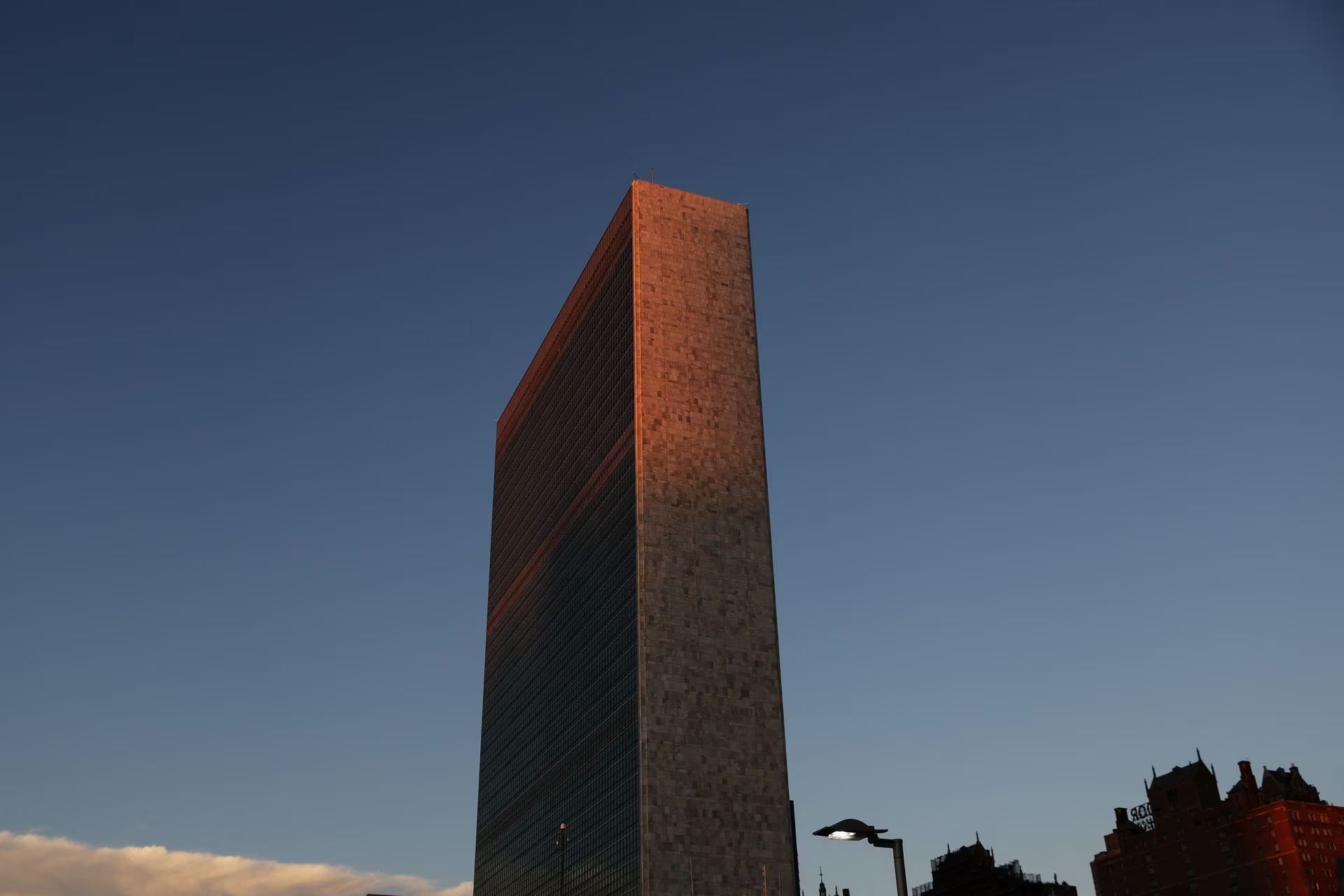Five United Nations security personnel who were held captive for 18 months by Al-Qaeda militants in Yemen have been released. The United Nations confirmed the release on August 11, sparking a wave of relief and applause from the international community.

U.N. Secretary-General Antonio Guterres expressed his profound relief and welcomed the release of the hostages. A U.N. spokesperson conveyed Guterres's sentiments, stating;
"reiterates that kidnapping is an inhumane and unjustifiable crime, and calls for the perpetrators to be held accountable."
This incident serves as a grim reminder of the risks that U.N. staff often face while serving in conflict zones.
The kidnapped staff, comprising four Yemeni nationals and one Bangladeshi national, were reportedly in "very good health and good spirits, despite

everything that they went through," as per David Gressly, the top U.N. official in Yemen.
"But they went through a very difficult period of 18 months of isolation," he added, underscoring the immense challenges the captives endured during their ordeal.
The U.N. staff members were abducted on February 11, 2022, in Yemen's southern Abyan region. The captors were identified as members of Al-Qaeda in the Arabian Peninsula (AQAP), an extremist group that has exploited the ongoing conflict between a Saudi-led coalition and the Iran-aligned Houthis to strengthen its influence in the region. The release of the hostages has prompted concerns over the escalating threat posed by AQAP, with Gressly warning that the group's capabilities have been on the rise.

Yemen has been embroiled in a protracted conflict since the Houthi group ousted the government from the capital, Sanaa, in late 2014. The Saudi Arabia-led military coalition intervened in 2015 with the aim of restoring the ousted government to power. Over the years, the conflict has taken a devastating toll on the country's infrastructure and civilian population.
In a potentially positive development, peace initiatives in Yemen have recently gained momentum. This was evidenced by the restoration of diplomatic ties between regional rivals Riyadh and Tehran in March, an event that was seen as a step toward de-escalation and cooperation in the Yemeni conflict. While these diplomatic efforts provide a glimmer of hope, the release of the U.N. staff members underscores the continuing challenges and risks associated with the complex situation in Yemen.
Follow Daryo's official Instagram and Threads pages to keep up to date on world news.
Comments (0)